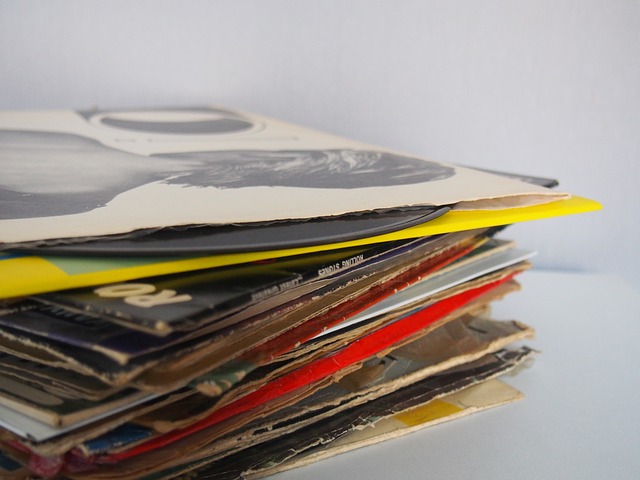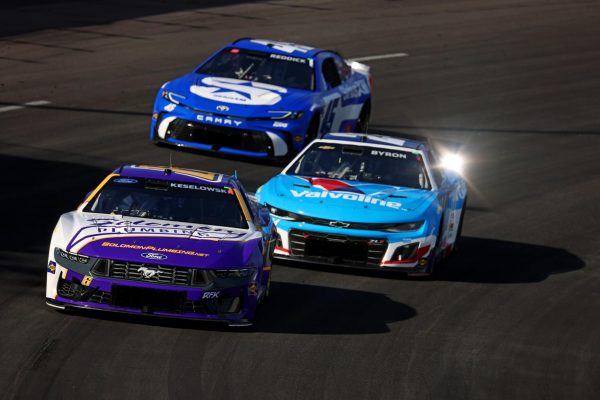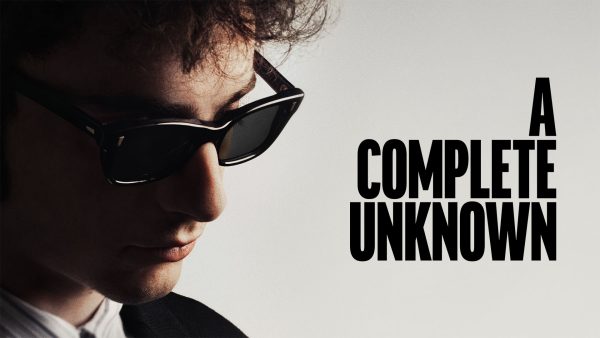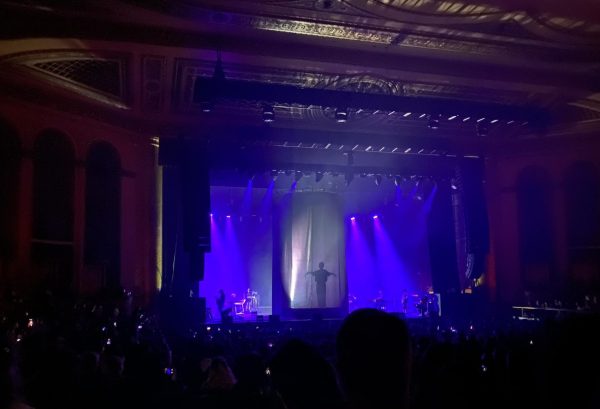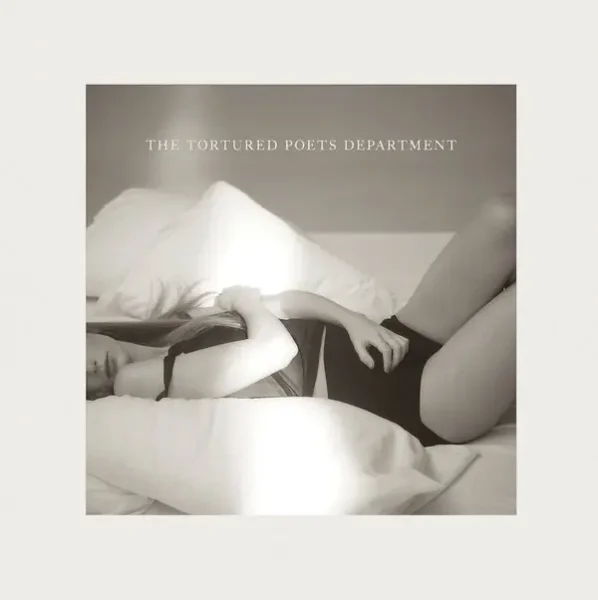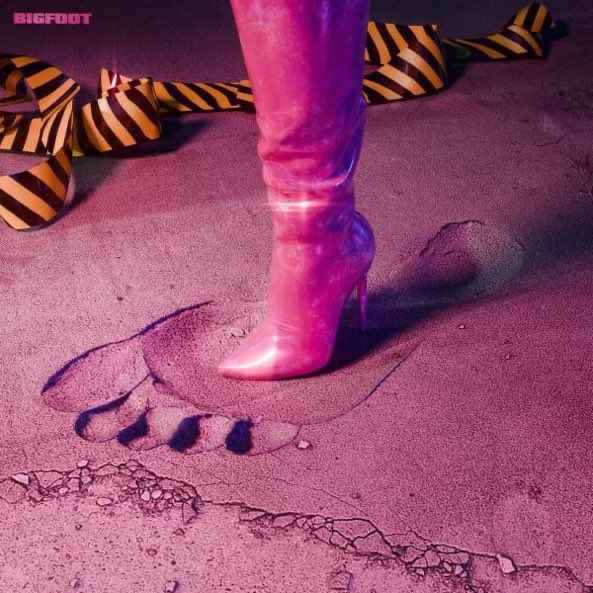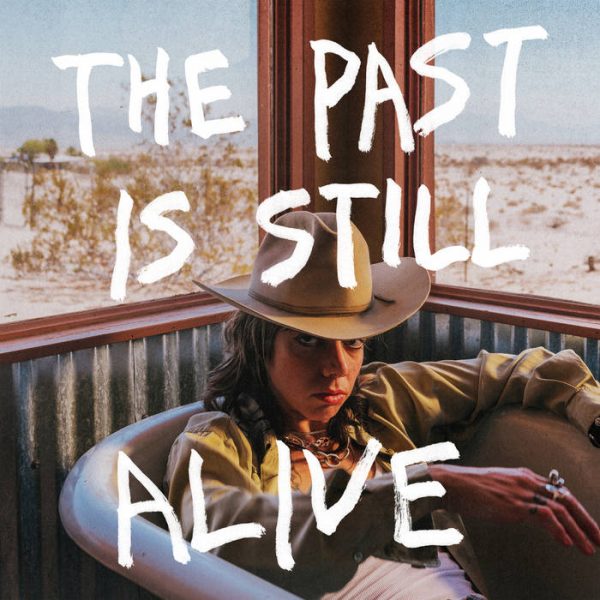Op-Ed: The Vinyl Crusade
Last year, 9.2 million vinyl records were sold. In the first three months of this year, vinyl sales were 53 percent higher than the first three months of last year, according to The Nielsen Company. Today, you can buy most contemporary music in either a digital format or a physical one, which would include CDs and vinyl records. We should continue with this trend of vinyl patronage, and when faced with the choice, vinyl should always be picked over digital.
Many arguments have been made for the superior sound quality of vinyl, which I wholeheartedly agree with. Nothing beats the warm, all-analog, uncompressed sound of a record. However, it’s the connection and experience that should push listeners to consume records over mp3s. When a physical copy of your music is in front of you, something that you can hold and look at, it immediately brings you closer to the music.
To play a record, you must pick up the sleeve, remove the record, put it on a turntable and drop the needle. While that may seem like a small expenditure of energy, that extra effort is what makes you feel like you need to consciously listen to that album, almost as compensation for the work you had to do to play it.
The record’s sleeve itself adds to the experience. Hopefully the artist picked the artwork and liner notes or lyrics carefully, with the intention of them contributing to their artistic product. While you sit and listen to the record, you can look at a beautiful, full resolution visual to go along with what you’re hearing, much better than the miniscule album art that accompanies songs from iTunes. When the lyrics are provided, the true poetry of a song’s narrative can become clear, and if there are no lyrics, liner notes give you the story and background behind the making of the album.
Another benefit of buying vinyl is the support it gives the artist. With the invention of iTunes, people could go from buying a whole album to just one song for ninety-nine cents. When you buy a record, you’re buying that complete album, showing that you support the artist enough to make an investment in their music. When a musician releases an album, they intend it to be a complete artistic work, from the first song to the last. Buying an individual song is like tearing a page out of a book and just reading that one page; while the content may be good, it’s completely out of the original context.
I understand that digital music has its advantages. It’s convenient, whether you’re streaming it on your phone, or have it stored on an iPod that can fit in your pocket. Vinyl can also be burden on the buyer, as it is not as user-friendly as digital music. You can download an mp3 and play it instantly, where as with vinyl, you need a turntable and a stereo system. There is also the obvious fact that a record can be worn out, or even broken, while digital music will last “forever.” However, I firmly believe that the enriching cultural experience that comes from vinyl overwhelmingly outweighs the advantages of digital music.




